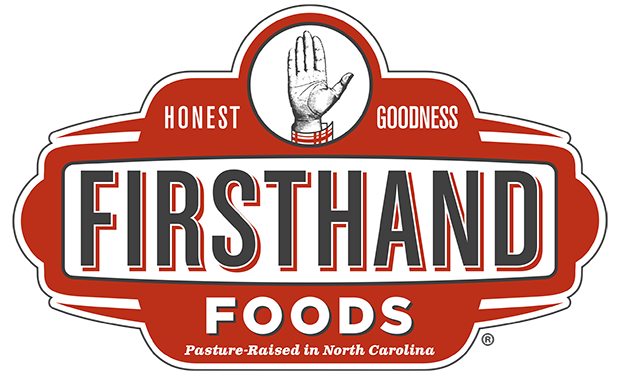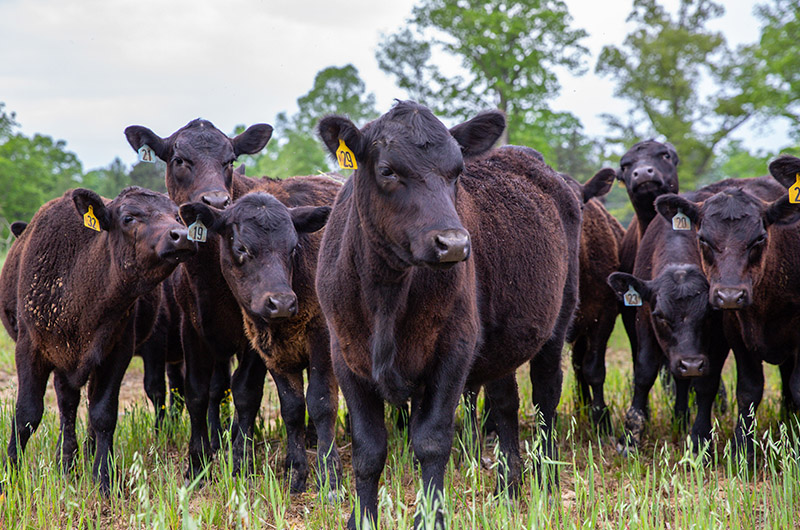Consumers are faced with a dizzying array of information when it comes to the ethics of eating meat. There are many compelling arguments in favor of eliminating meat from our diets, whether it’s on behalf of our waistlines, the Earth, or farm animals. In celebration of Earth Day, we’d like to offer a different perspective – that it’s possible, and even ethical, to eat meat and take care of the planet and its inhabitants. No one makes this argument more succinctly than Jay Bost, former Warren Wilson College professor, in this award-winning 2012 essay published in the NYT Magazine. We share it here in full for your reading pleasure.
Give Thanks for Meat
by Jay Bost (published May 6th, 2012 in the NYT )
As a vegetarian who returned to meat-eating, I find the question “Is meat-eating ethical?” one that is in my head and heart constantly. The reasons I became a vegetarian, then a vegan and then again a conscientious meat-eater were all ethical. The ethical reasons of why NOT to eat meat are obvious: animals are raised and killed in cruel conditions; grain that could feed hungry people is fed to animals; the need for pasture fuels deforestation; and by eating meat, one is implicated in the killing of a sentient being. Except for the last reason, however, none of these aspects of eating meat are implicit in eating meat, yet they are exactly what make eating some meat unethical. Which leads to my main argument: eating meat raised in specific circumstances is ethical; eating meat raised in other circumstances is unethical. Just as eating vegetables, tofu or grain raised in certain circumstances is ethical and those produced in other ways is unethical.
What are these “right” and “wrong” ways of producing both meat and plant foods? For me, they are most succinctly summed up in Aldo Leopold’s land ethic: “A thing is right when it tends to preserve the integrity, stability and beauty of the biotic community. It is wrong when it tends otherwise.” While studying agroecology at Prescott College in Arizona, I was convinced that if what you are trying to achieve with an “ethical” diet is the least destructive impact on life as a whole on this planet, then in some circumstances, like living among dry, scrubby grasslands in Arizona, eating meat, is, in fact, the most ethical thing you can do other than subsist on wild game, tepary beans and pinyon nuts. A well-managed, free-ranged cow is able to turn the sunlight captured by plants into condensed calories and protein with the aid of the microorganisms in its gut. Sun > diverse plants > cow > human. This in a larger ethical view looks much cleaner than the fossil-fuel-soaked scheme of tractor-tilled field > irrigated soy monoculture > tractor harvest > processing > tofu > shipping > human.
While most present-day meat production is an ecologically foolish and ethically wrong endeavor, happily this is changing, and there are abundant examples of ecologically beneficial, pasture-based systems. The fact is that most agroecologists agree that animals are integral parts of truly sustainable agricultural systems. They are able to cycle nutrients, aid in land management and convert sun to food in ways that are nearly impossible for us to do without fossil fuel. If “ethical” is defined as living in the most ecologically benign way, then in fairly specific circumstances, of which each eater must educate himself, eating meat is ethical; in fact NOT eating meat may be arguably unethical.
The issue of killing of a sentient being, however, lingers. To which each individual human being must react by asking: Am I willing to divide the world into that which I have deemed is worthy of being spared the inevitable and that which is not worthy? Or is such a division hopelessly artificial? A poem of Wislawa Szymborska’s, “In Praise of Self-Deprecation,” comes to mind. It ends:
There is nothing more animal-like
than a clear conscience
on the third planet of the Sun.
For me, eating meat is ethical when one does three things. First, you accept the biological reality that death begets life on this planet and that all life (including us!) is really just solar energy temporarily stored in an impermanent form. Second, you combine this realization with that cherished human trait of compassion and choose ethically raised food, vegetable, grain and/or meat. And third, you give thanks.

